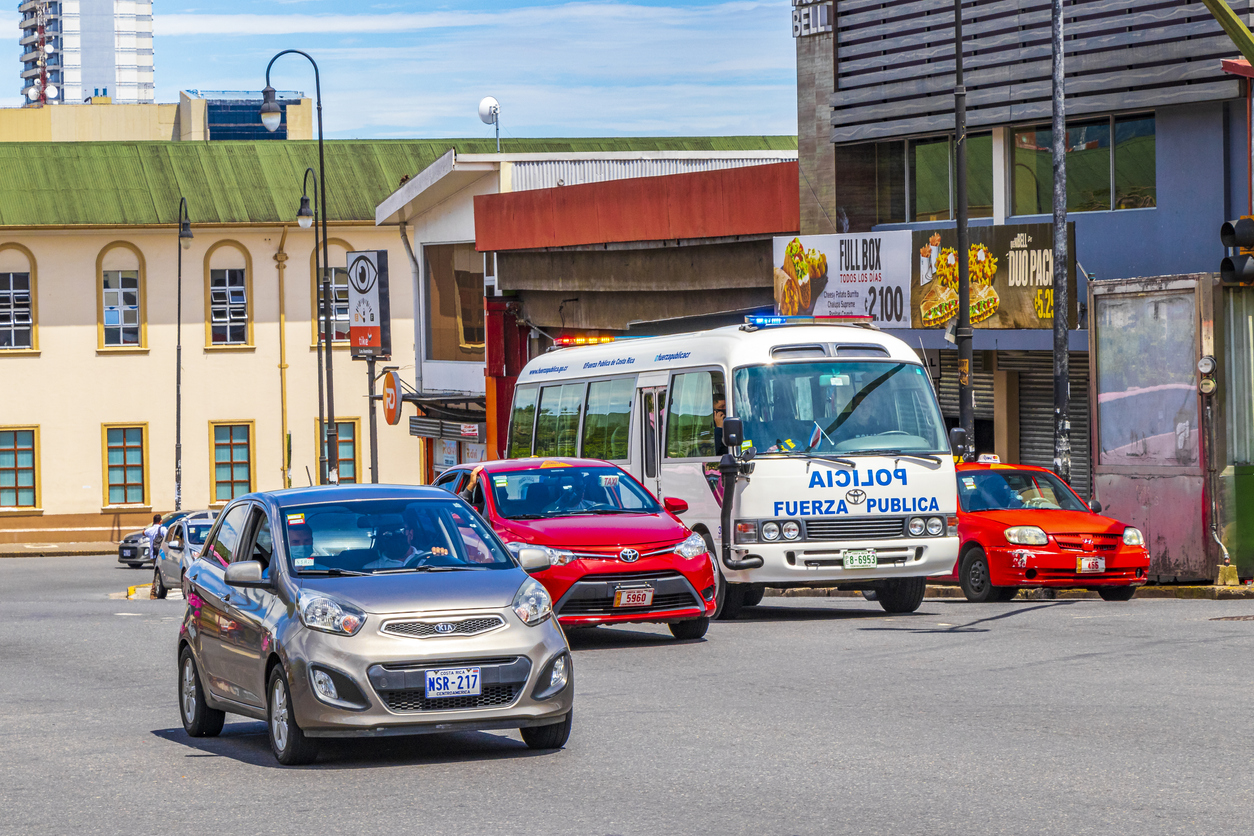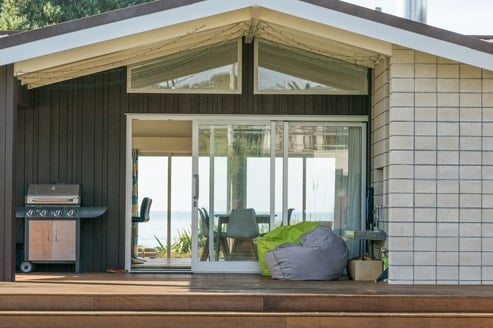Thinking about having and driving your own car in Costa Rica? Getting a car in Costa Rica can be done in two ways. One option is through importing, a complex and costly process that involves import fees ranging from 35% to 80% of the car’s registered value. The other option is to buy a new or used car locally. Buying a car in a different country can be both exciting and challenging. This guide will help you understand everything you need to know about buying a car in Costa Rica, making it a smooth and well-informed experience.
1. Research the Market
Take the time to research the local car market. Consider factors such as fuel efficiency, maintenance costs, and the availability of spare parts. This will help you make an informed decision based on your specific needs. Don’t hesitate to seek recommendations from locals or expats who have experience with the Costa Rican car market. Common vehicle name brands in Costa Rica that do well at the beach include Toyota, Nissan, Suzuki, and Mitsubishi due to the availability of spare parts and qualified mechanics. If you are going to be more rural, SUVs are popular due to their high clearance, which makes them better suited for navigating rough terrains.
2. New vs Used
Decide whether you want to buy a new or used car. New cars may come with warranties and the latest features, while used cars can offer cost savings. Assess your budget and preferences to make the right choice. Additionally, research the depreciation rates of different makes and models to understand the long-term value of your investment. Great websites to research are www.crautos.com, www.encuentra24.com, as well as platforms like Craigslist and Facebook groups. Sometimes you can see cars that have a “SE VENDE” sign in their window, which means For Sale.
3. Budgeting
Set a realistic budget for your car purchase, considering additional costs such as taxes, registration fees, and insurance. Knowing your budget will help narrow down your options and avoid any financial surprises. Consider creating a contingency fund for unexpected expenses that may arise during the buying process. Hone your negotiation skills if you are buying a used car. In Costa Rica, bargaining is a common practice for used cars so be prepared to negotiate the price and terms to secure the best deal possible. New cars not so much.
You must use a Costa Rican notary (lawyer) when you buy a car as cars are registered in the Titles office in San Jose. They are responsible to legally transfer vehicle ownership. They create the sales document and check the government database to ensure no debts or fines are linked to the car’s previous owner. Usually, the buyer covers this cost, but sometimes both buyer and seller share it. The government sets the lawyer’s fee according to the car’s value. The lawyers fees are approximately $300-500 plus traspaso fees (3% of the registered fiscal value), which cover your fees for property transfer and vehicle registration.
4. Dealer vs. Private Sale
Explore both dealership options and private sales. Dealerships often provide warranties and a formal sales process, while private sellers may offer more flexibility in negotiations. Consider your comfort level and priorities when making this decision. Additionally, research the reputation of dealerships and private sellers through online reviews and testimonials. Buying a new car at a dealership often includes the lawyer fees in the transaction. If you buy privately, you will need to negotiate who pays the legal transfer fees for the sale.
When buying a new car, it is normal to leave a deposit ($1-2000) for them to hold the car for you while they get all the paperwork ready and get the car to your location.
5. Vehicle Inspection
Whether buying from a dealer or a private seller, always insist on a thorough inspection of the vehicle. Check for any signs of wear and tear, and ensure that all the necessary documentation, including maintenance records, is in order. Consider hiring a professional mechanic to conduct a comprehensive inspection for a detailed assessment. If you are buying a used car, always check that the Marchamo (registration and mandatory liability insurance) and Dekra (vehicle safety inspection) are up to date. Both stickers can be seen on the car’s windshield. All vehicles need to successfully undergo this mechanical examination to be legally driven. You can check out the Dekra website here for more information.
6. Financing Options
Most car sales by foreigners will be done in cash or wire transfers (so all cash). It is difficult and expensive to get a local bank loan. Investigate financing options available to you. Some dealerships may offer financing plans, and local banks can provide information on car loans. Compare interest rates and terms to find the most favorable option for your situation. Be sure to check if there are any special financing programs or incentives for expatriates.
7. After-Sale Services
Inquire about after-sale services and support provided by the seller or dealership. Knowing what assistance is available post-purchase can be valuable in case you encounter any issues with your vehicle. Additionally, inquire about the availability of maintenance services and authorized service centers to ensure prompt and reliable support for your car.
8. Retive and Marchamo
It’s important to check that the Marchamo (registration & mandatory liability insurance) and Riteve (vehicle safety inspection) are current. Both stickers are located on the windshield. The Marchamo is paid annually between November 1 and December 31. It is based on the value of the car. Riteve is a required vehicle inspection. They are usually annual inspections. New cars are often given 2 years before their first inspection. The month that the Riteve is due coincides with the last number of the license plate. One is January, two is February, and so on.
Buying a car in Costa Rica can be a rewarding experience with the right information and preparation. By understanding the legalities, doing thorough research, and being strategic in your approach, you can confidently navigate the process and find the perfect vehicle for your needs. Safe travels!
If you’re also considering making Costa Rica your permanent home, Flamingo Beach Realty is here to assist you in finding the perfect property. Our experienced team specializes in real estate services, offering a range of options to suit your preferences. Whether it’s a cozy beachfront condo or a spacious family home, let us help you find your dream property in this tropical paradise. Visit our website or contact us today to start your journey to homeownership in Costa Rica!




